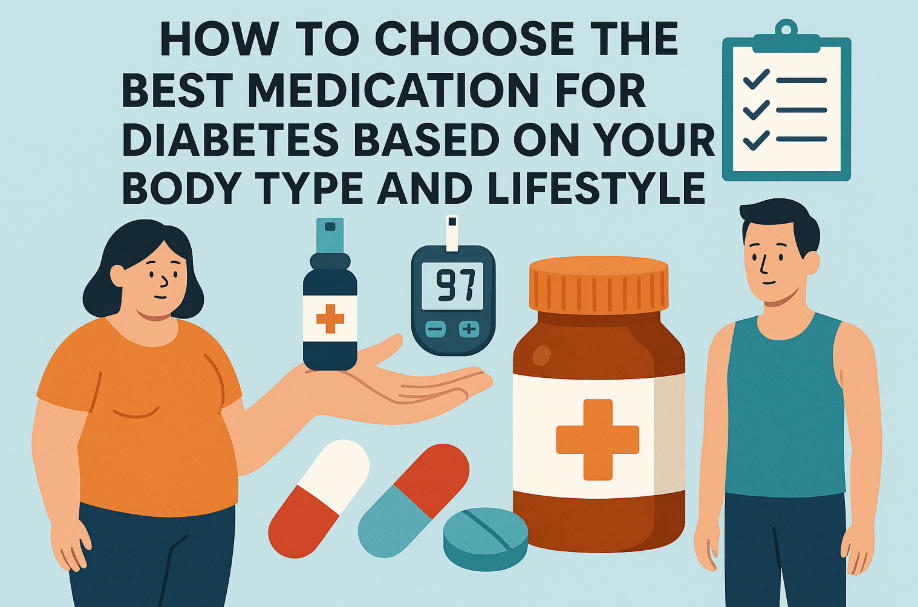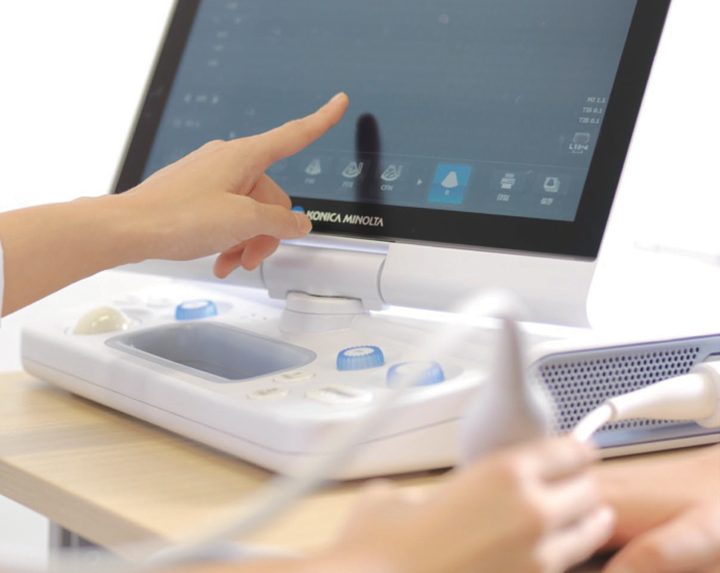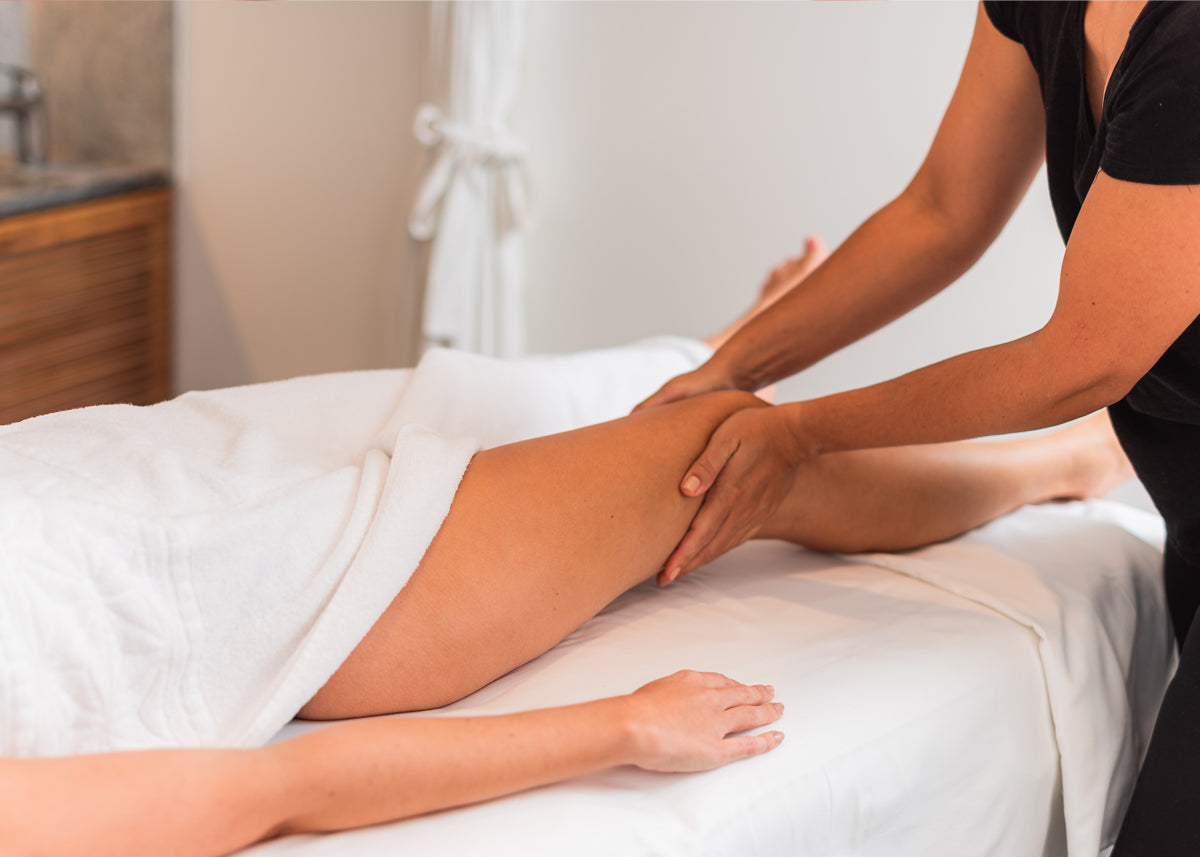Confused about which diabetes medicine will work best for you?
Many people get overwhelmed after a diagnosis. There are tablets, insulin shots, and even weekly injections. Still, sugar levels remain up and down.
What works for one person may not work for you. That’s because diabetes doesn’t behave the same in everybody. Your age, weight, habits, and even stress levels affect how your body reacts. So, before you choose, you must understand your body and lifestyle better. This article will help you do just that.
Know Your Diabetes Type First
Diabetes is not just one condition. There’s Type 1, where the body makes no insulin. Then there’s Type 2, where your body makes insulin but doesn’t use it well. Some also get gestational diabetes during pregnancy.
So, the best medication for diabetes depends on the type. Type 1 mostly needs insulin. However, for Type 2, tablets like metformin are often the first step. In some cases, a combination of medicines may be needed.
Choose the Best Medication for Diabetes Based on Body and Routine
Different body types react differently to the same medicine. For example:
- If you are overweight, doctors may suggest medicines that help reduce weight, along with sugar.
- If your kidneys are weak, some medicines may not be safe.
- If you skip meals often or eat late, some drugs can cause your sugar levels to rise suddenly.
- If you have a busy schedule or travel often, once-a-week injections may work better than daily tablets.
Discuss all these factors with your doctor.
Comparison Table of Common Diabetes Medicines
| Medicine Type | Who It Works Best For | Common Side Effects | Notes |
| Metformin | Most people with Type 2 | Stomach upset | Taken after food |
| Sulfonylureas | Thin people with stable meals | Risk of low sugar | Avoid skipping meals |
| SGLT2 Inhibitors | Overweight people with high BP or heart risk | Urine infections | Helps in weight and BP control |
| DPP-4 Inhibitors | The elderly with a less active lifestyle | Mild side effects | Safe for kidneys |
| Insulin | People with very high sugars or Type 1 | Weight gain, low sugar | Dose must be adjusted properly |
Your sleep, eating habits, stress levels, and even the kind of work you do matter. Someone who walks daily or practices yoga may need less medicine than someone with a sedentary lifestyle. Eating more home food, regular timing, and better sleep also reduce medicine dependency.
Conclusion
There’s no “one best medicine” for diabetes. The right one is what suits your body, your habits, and your health goals. Always discuss openly with your doctor. Tell them how you live, what you eat, and how your routine looks. Together, you’ll find a safer and more effective treatment. Your sugar doesn’t just need control, it needs the right plan.




